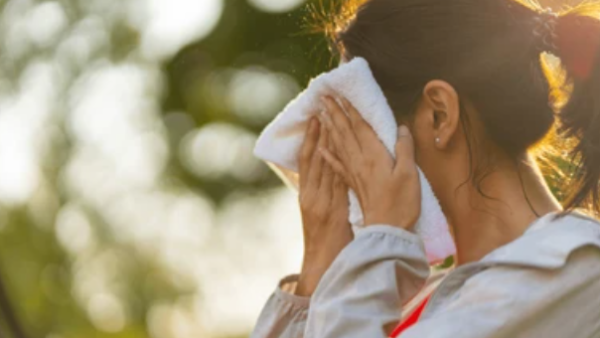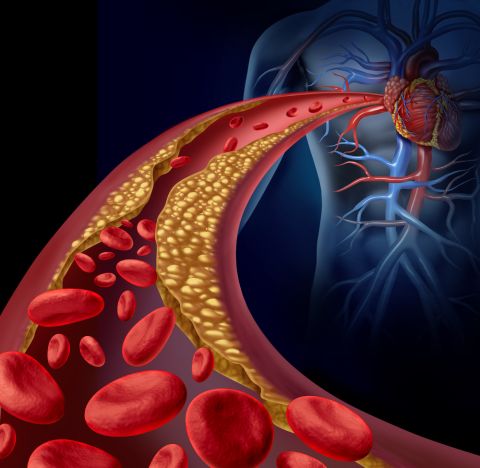ALBAWABA Sweating is a natural bodily function that helps regulate body temperature and expel toxins. However, for some individuals, excessive sweating, or hyperhidrosis, can be a persistent and distressing issue.
While factors such as genetics, hormonal imbalances, and medical conditions play a significant role in hyperhidrosis, certain foods can also contribute to increased sweating. Here are five foods that may exacerbate sweating issues:
1. Spicy Foods:
Foods rich in spicy ingredients like chili peppers, hot sauce, and curry can stimulate the body's sweat glands and raise body temperature.
Capsaicin, the compound responsible for the heat in spicy foods, can trigger sweat production as the body attempts to cool down.
For individuals prone to hyperhidrosis, consuming spicy foods may intensify sweating episodes.
2. Caffeinated Beverages:
Coffee, tea, energy drinks, and other caffeinated beverages are known diuretics that can increase urine production and stimulate the nervous system.
Caffeine also activates the body's fight-or-flight response, leading to heightened arousal and, in some cases, increased sweating. Limiting consumption of caffeinated drinks may help reduce excessive sweating for individuals with hyperhidrosis.
3. Alcohol:
Alcohol consumption can lead to vasodilation, the widening of blood vessels, which can cause a rise in body temperature and trigger sweating.
Additionally, alcohol impairs the body's ability to regulate temperature, leading to increased perspiration as the body attempts to cool down.
Individuals with hyperhidrosis may experience exacerbation of sweating symptoms after consuming alcoholic beverages.
4. Processed Foods:
Processed foods high in sugar, salt, and artificial additives can disrupt the body's natural balance and contribute to sweating issues.
Sugary foods and beverages can spike blood sugar levels, leading to fluctuations in insulin and cortisol levels, which may trigger sweating.
Similarly, foods high in sodium can cause dehydration, prompting the body to produce more sweat to cool down.
5. Hot Beverages and Soups:
Consuming hot beverages like soup or hot tea can raise internal body temperature and stimulate sweat production.
While these beverages may be comforting in cooler weather, they can exacerbate sweating issues, particularly for individuals with hyperhidrosis.
Opting for cooler or room-temperature drinks may help minimize sweating triggered by hot beverages.
While diet alone may not be the primary cause of hyperhidrosis, certain foods and beverages can exacerbate sweating issues for susceptible individuals.
By being mindful of their diet and avoiding triggers, individuals with hyperhidrosis can better manage their condition and reduce the frequency and severity of sweating episodes.
Consulting with a healthcare professional or registered dietitian can provide personalized guidance on managing hyperhidrosis through diet and lifestyle modifications.








